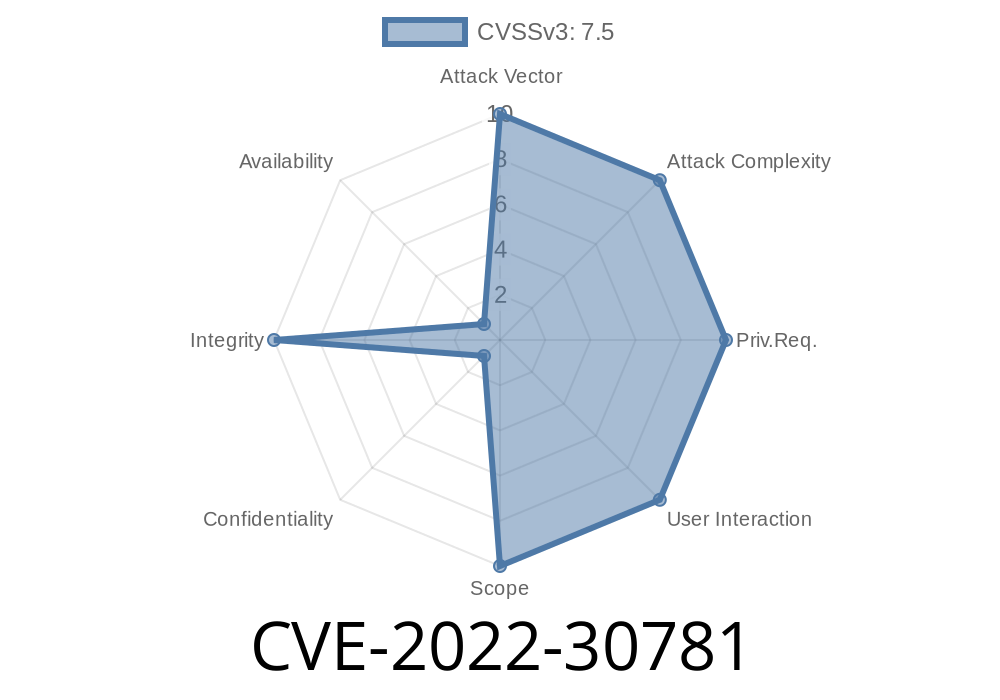This may leave the Gitea instance vulnerable to an attack where an attacker can add malicious code to the codebase and commit it to the remote repository. In order to prevent this from happening, Gitea now escapes remote git fetches with the git command. Git fetches are used in the following way:
In order to access the codebase of a remote repository, Gitea uses git fetch repo>. This sends all the code of the remote repository to your local one. Gitea now uses the git command when it fetches code to escape the remote repository with a git fetch -X repo> command. This prevents an attacker from adding malicious code to the codebase of a remote repository. Thanks to Vincent van der Molen and the rest of the Gitea team for this fix.
Gitlab vs. GitLab
Gitlab is the name of a commercial product. The Gitlab team is in the process of changing the name of the project to Gitlab. As the name Gitlab is still used in the open source community, we will use the name Gitlab for the remainder of this article. Gitlab is one of the most popular open source projects to manage code. It was forked from another open source project called Git. Both Git and Gitlab are distributed under the GNU General Public License.
What is GitLab?
Gitlab is a free and open source, online code repository for collaborative development. It includes tools for managing your Git and GitHub repositories. You can use it to manage your personal repositories or collaborate on projects with others. Gitlab provides enterprise-level features as well as the ability to integrate with other services like JIRA or Confluence.
Features include:
-A web-based interface
-A built-in CI/CD tool called GitLab Continuous Integration (CI)
-A built-in issue tracker called GitLab Issue Tracker
-Integrations with various other tools such as Slack, Twitter, HipChat, Jenkins, and others
What is Git?
Git is a version control system created in 2005. It was designed as a way to manage software projects called repositories. A repository is typically a collection of code and data files that are part of a software project. Version control systems allow different people to work on the same project without overwriting one another's changes and can be used to track changes over time.
The main features of Git are:
1) git clone and git pull create an exact copy of a repository at your local machine
2) Each repository has an associated "git hash" which identifies it uniquely (e.g. the hash for the repo in this article is 00000000000000000027a4d4f9c7d94b80fc8e743f5d5be1b3255f97bbc). This allows you to perform diffs between versions, see what changes have been made, etc
3) You can contribute as many changes as you like to any branch or commit – you don't have to wait for others' contributions before making your own. In addition, when other people make their own commits they will also be able to record the exact version they were working on at the moment they made their changes
What is Gitlab?
Gitlab is an open source web-based code hosting platform that provides a graphical interface for git users. The goal of this project is to create a tool that makes it easier and faster to manage codebases. It offers features that help developers collaborate quickly, track changes, share access and permissions, and more. Gitlab has many integrations with other popular tools used in the software development process.
Gitlab is a great place to start when you are looking for an open source tool for managing your codebase. It should be mentioned that Gitlab competitor GitHub also offers free private repositories for open source projects. With the popularity of Gitlab, there are several commercial products available with similar features such as Bitbucket Cloud or Atlassian JIRA Cloud.
Why use Gitlab?
Gitlab is a platform for hosting, managing, and tracking all your development projects. It provides features for teams to collaborate on code, manage projects, automate builds, test cases, and more. Gitlab features include:
- a web interface
- mobile apps
- a self-hosted Git repository
- unlimited private repositories
- Google cloud servers
- GitHub integration
Timeline
Published on: 05/16/2022 04:15:00 UTC
Last modified on: 05/24/2022 19:45:00 UTC
